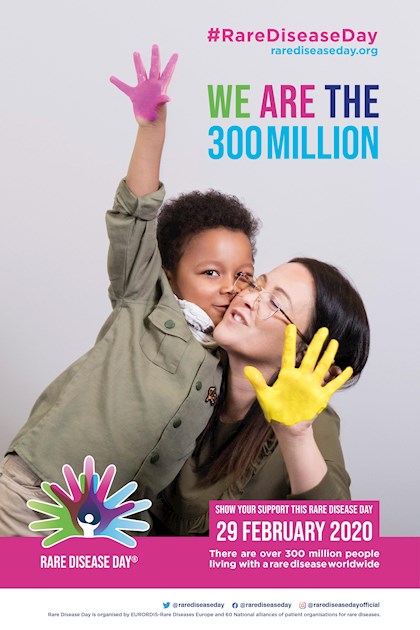Learn more about Sweet's syndrome (pinned post): healthunlocked.com/sweetsyn...
10 key facts.
1. We don't know for certain how many people have Sweet's syndrome, but we know it affects no more than 3 people per 10, 000.
2. It's autoinflammatory not autoimmune. Autoinflammatory conditions are rare and caused by errors in the innate immune system.
3. It's a neutrophilic dermatosis (white blood cells called neutrophils migrate to the skin, and sometimes, other parts of the body).
4. Unlike most autoinflammatory conditions it isn't genetic, but has been linked to certain genes, e.g. HLA-B54.
5. Skin lesions and fever are two of the main symptoms, but it causes lots of other symptoms, too. Sometimes, it affects internal organs such as the brain, heart and lungs.
6. It's mainly diagnosed via blood tests and skin biopsy, but additional investigations may be needed. There are many different SS skin lesion types, and it cannot be accurately diagnosed via visual examination alone
7. There are numerous variants that can make diagnosis difficult, e.g. histiocytoid SS, subcutaneous SS/Sweet's panniculitis, neuro-Sweet's disease, neutrophilic dermatosis of the hands, necrotizing SS, giant cellulitis-like SS, and more.
8. It can develop secondary to other conditions, and this may affect blood results.
9. The main form of treatment is prednisone, but some people need other or additional medications.
10. At least a third of SS patients experience repeat flare-ups.
